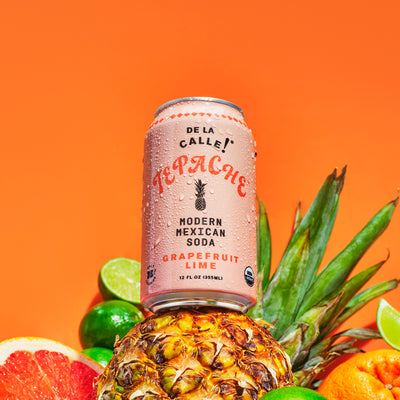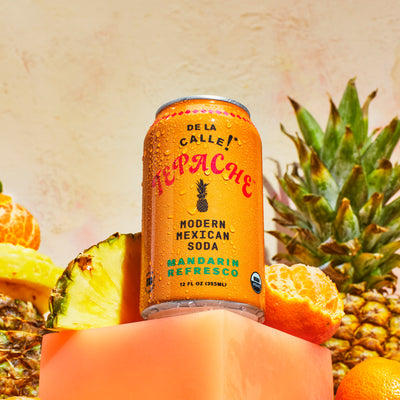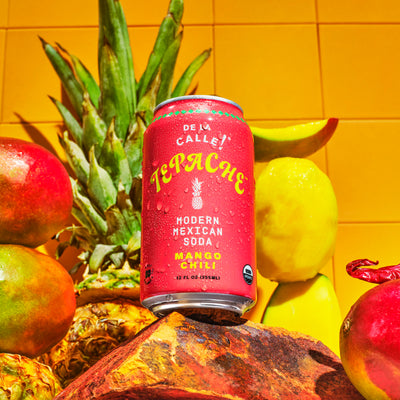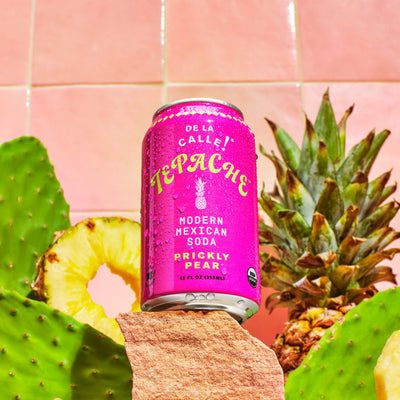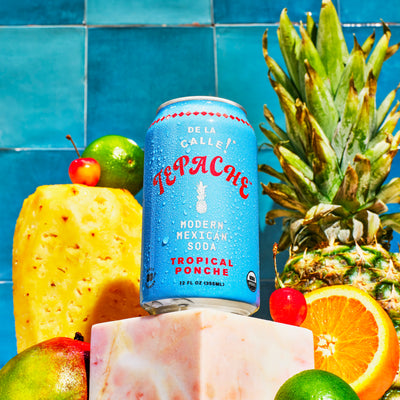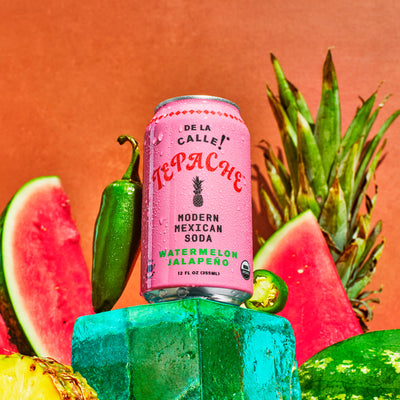What is pineapple juice good for

Although you might be a longtime fan of pineapple for its sweet, delicious flavor, pineapple is also a surprisingly healthy fruit! In this article, we’ll dive into all the various health benefits of pineapple.
Pineapple Overview
Pineapple is a tropical fruit that is native to the Americas but can be grown in any tropical climate.
For a long time, pineapple was a delicacy that only the extremely wealthy could afford. Today, pineapple can still be found in the Americas as well as in the Philippines, Indonesia, India, and China, where it is much more affordable now than in the past. Pineapple has its origins in South America and was given its name in the 17th century by conquistadors who saw that the fruit greatly resembles pine cones.
Pineapple is known for its tough outer skin and spiky green head. The geometric bumps on the outside of the pineapple are known as “eyes.” The most common way to eat pineapple is to slice from the top to the bottom of the fruit so that you’re left with only the cylindrical core. From there, you can slice off the skin, cut the fruit in half, and cut the remaining meat into cubes or triangles.
This delicious tropical fruit can be consumed either fresh or frozen and has an impressive array of health benefits that we’ll get to later in the article. In Mexico, the peels and core of a pineapple are often used to make tepache, a traditional fermented beverage.
Different Types of Pineapple
Before we dive into all the amazing health benefits of pineapple, we’re going to give you a quick breakdown of the most common types of pineapple available.
-
Abacaxi Pineapple: Abacaxi pineapples are a very desirable type of pineapple to grow because they are resistant to disease and are incredibly sweet. They are sometimes referred to as white pineapple because their flesh is almost translucent. This type of pineapple grows to be quite tall and can weigh up to eleven pounds. Although they are delicious, abacaxi pineapples are too delicate to ship for commercial purposes, so to try one you generally have to be in a region where they’re grown.
-
Smooth Cayenne Pineapple: The Smooth Cayenne variety of pineapple is the most common type of pineapple to find in grocery stores in the United States. Most often, these pineapples are grown in Hawaii and shipped to the mainland. They are quite large, growing anywhere from 4-10 pounds, and are known for their bright yellow flesh and juicy meat.
-
Red Spanish Pineapple: As you might have guessed, Red Spanish pineapples have orangish-red skin and are grown in the Caribbean. Although the skin has this unique color, the fruit itself is light-yellow like most pineapple and is very aromatic. This variety of pineapple is quite tough and can be shipped easily but is not as tender as the others. This type of pineapples are also quite high in fiber.
- Queen Pineapple: Queen pineapple is most common in Australia and South Africa. This variety of pineapple is known for its dark yellow skin and relatively small core. For the most part, this variety of pineapple is best consumed fresh because it does not can well. That being said, it is quite tolerant of disease and can grow in slightly colder climates.
Pineapple’s Health Benefits
Now that you know a bit more about pineapple in general and the most common varieties, let’s take a look at some of the impressive health benefits of this delicious tropical fruit.
Pineapple is Packed with Vitamin C & Other Important Nutrients
Pineapple is full of important nutrients and vitamins, the most notable one being vitamin C.
Vitamin C is essential for proper growth and development. It also aids our immune system in functioning properly and helps our body absorb iron. In addition, vitamin C works as an antioxidant in our bodies, which we’ll discuss in more detail later!
In one cup of pineapple there are approximately 79 mg of vitamin C, which is more than the recommended daily intake for women (75 mg) and slightly less than the recommended daily intake for men (90 mg).
Other important nutrients in pineapple include manganese, vitamin B6, copper, thiamin, folate, potassium, magnesium, niacin, riboflavin, and iron. In fact, one cup of pineapple contains about 76% of the recommended daily intake of manganese, a mineral that aids in growth, metabolism, and can also act as an antioxidant.
Pineapple Can Aid in Weight Loss Efforts
Although there are no miracle foods that directly lead to weight loss, incorporating pineapple into a healthy, balanced diet can help with your weight loss goals.
Pineapple is a great, healthy snack because it is low in calories and packed with the essential vitamins and minerals mentioned in the last section. Also important, pineapple does not contain saturated or trans fats, which are the “bad” fats. For this reason, pineapple can fill you up without filling your diet with calories.
Another reason pineapple is a great go-to snack, especially after dinner, is because it can satisfy your sweet tooth. Given that pineapple is super sweet but low in calories, it is a much better desert choice than other sweet treats such as ice cream. Also, pineapple contains natural fiber, which helps your body regulate blood sugar levels and keeps you feeling full.
Pineapple Contains Antioxidants
Pineapple contains important antioxidants including phenolic acids, flavonoids, and, as you now by now, vitamin C.
Antioxidants are molecules that we get from food that help the body to fight free radicals, which are molecules that can damage our cells. When there are too many free radicals in our body, we can experience damage called oxidative stress.
The damage caused by free radicals can lead to several health issues. We can combat the harmful effects of free radicals by consuming antioxidant-rich foods such as pineapple, and fruits and veggies in general. Luckily, the antioxidants in pineapple are bound, which means they can survive harsher conditions than other antioxidants and produce longer lasting effects.
Pineapple Can Aid Digestion
Given that pineapple contains a group of enzymes called bromelain, it can ease digestion. Bromelain breaks down protein molecules into amino acids and peptides in your body. Once proteins are broken down like this, it is easier for them to be absorbed across the small intestine. Bromelain can also help easy the symptoms of GI irregularities. Overall, the presence of this group of enzymes in pineapple makes it an ideal food to eat to give your gut a boost.
Pineapple Can Support Your Immune System
For a long time, pineapple was part of traditional healing practices, and for good reasons! Studies have shown that pineapple can help support the immune system’s defense processes. Not only that, it is thought that consuming pineapple can support a healthy amount of pathogen-fighting white blood cells in your body.
Conclusion
Pineapple is one of those rare foods that is both delicious and incredibly healthy. This fruit is native to South America but can be found all over the world. You can eat pineapple raw or incorporate it into drinks such as smoothies and tepache or use it as an ingredient in several delicious dishes!
Sources:
https://www.mayoclinic.org/drugs-supplements-vitamin-c/art-20363932
https://www.healthline.com/nutrition/manganese-benefits
https://www.health.harvard.edu/staying-healthy/the-truth-about-fats-bad-and-good


